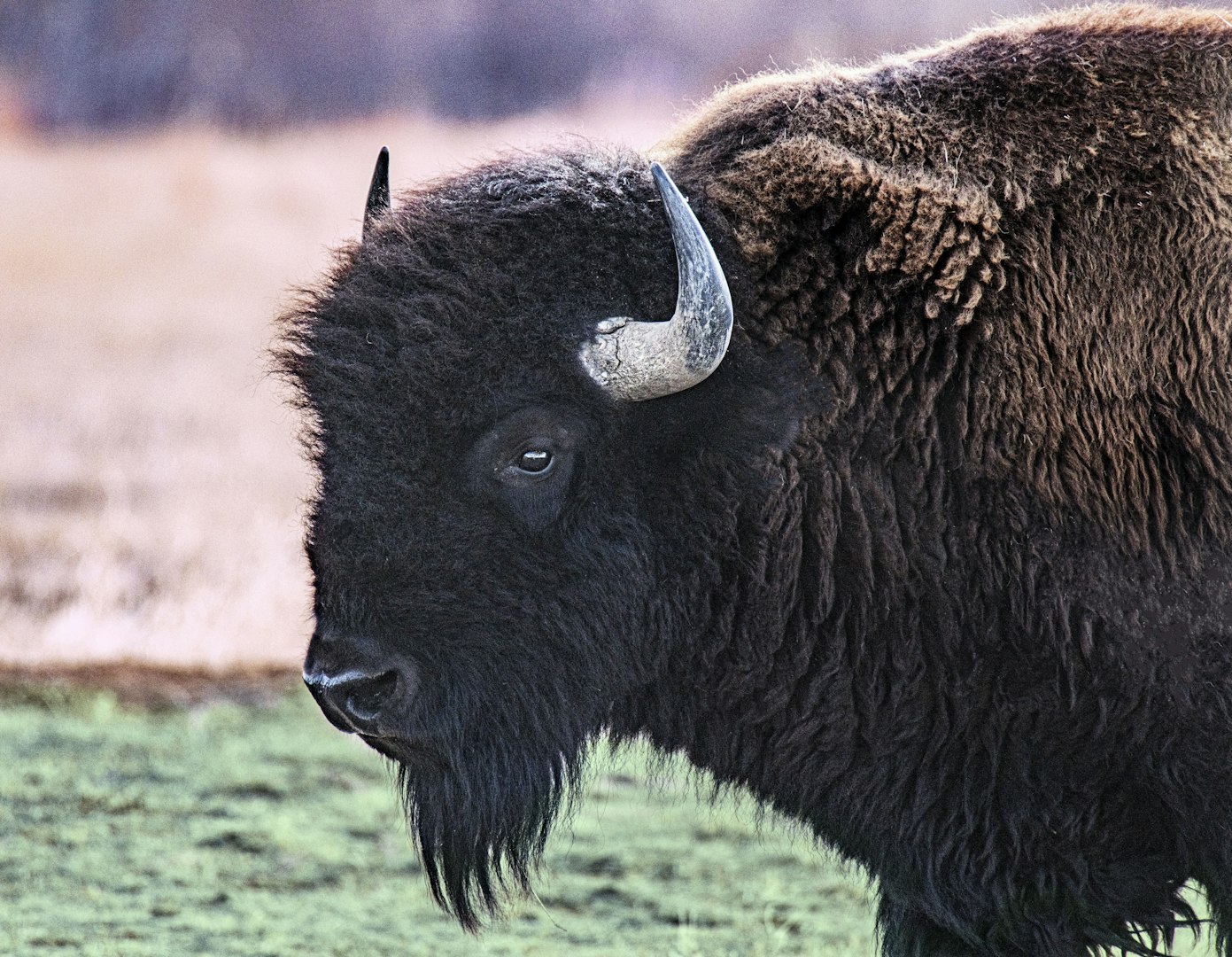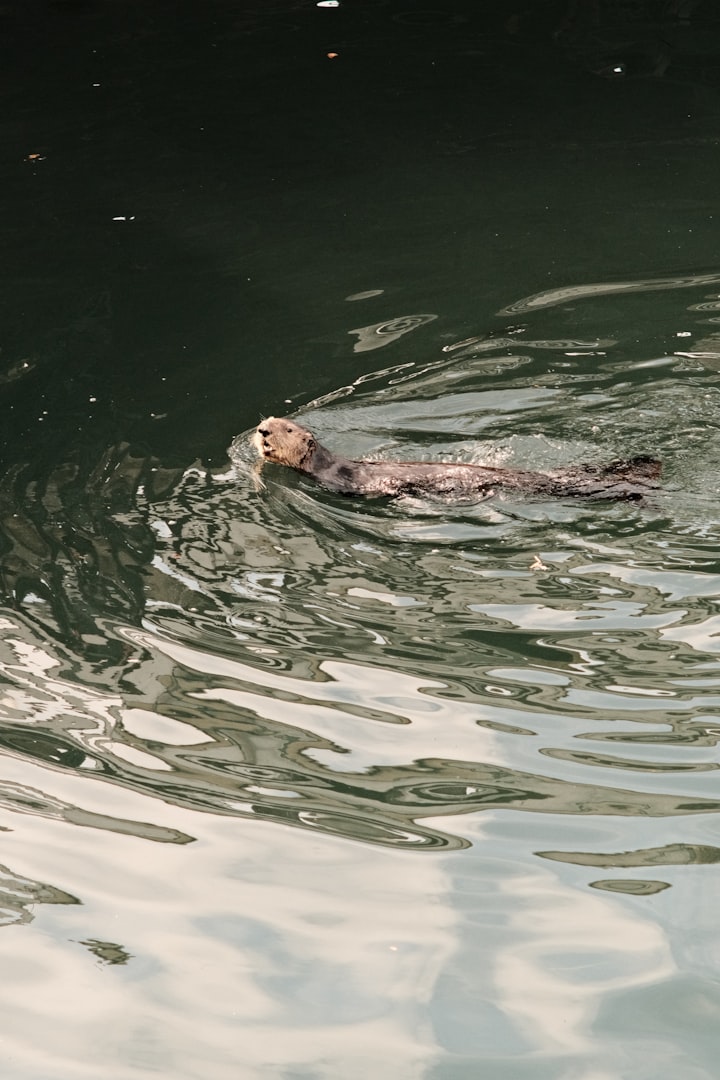
+1 (403) 932-5632
Voices of Extinction
The European invasion and settlement of North America brought with it a people determined to eradicate indigenous species and peoples in order to create a transformed, non-native and more European landscape of ranch, city, and cropland. In a brief 200 years of European settlement everything changed on the western prairies.
At the beginning of the 19th century, the Great Plains were one of the richest wildlife regions in the world.
But by 1880, much of that abundance had vanished. Wolves, buffalo, whooping cranes, passenger pigeons, bears, antelope, and prairie chickens, once common across the plains had disappeared almost entirely... and those were just the species people noticed.
“I reached some plains so vast that I did not find their limit …..although I traveled over them for more than 300 leagues…I found such a quantity of cows (buffalo) …that it is impossible to number them, for while I was journeying through these plains, until I returned to where I first found them, there was not a day that I lost sight of them..” Francisco Vasques de Coronado in a letter to the King of Spain in 1541
“The whole Western country went buffalo wild. It was like a gold rush. Men left jobs, businesses wives and children, and future prospects to get into buffalo hunting. They sold whatever they had and put the money into outfits wagons camp equipment rifles and ammunition” Frank H Mayer, The Buffalo Harvest, 1870's
By 1884 the buffalo was extirpated from the northern great plains.
The smaller animals, like the swift fox, or birds, reptiles, amphibians, disappeared from their native range, for the most part, without their passing being noted
“ They (swift fox) are one of the most common fur animals of the Red River Valley”. Alexander Henry, fur trader, 1800
“ The little prairie fox is so hungry and therefore so tame, that it often visits the environs of the Fort, and we found these pretty little animals among the circles of turf left on the removal of the Indian tents. Here they remain in the daytime and at nightfall collect and look for the remains of provisions in the neighborhood of buildings. Our dogs frequently pursue them, but their extreme swiftness enables them to escape and retreat to their burrows, where they are easily caught by setting snares." 1833 Prince Maximillian (Wied, 1839 – 1841, Bd.2, p.37, 1841)
On his return trip down the Missouri River to Fort Clark (Wied, 1839 – 1841, Bd.2,pp. 256 – 258, 1841) brought one of these little foxes with him as a pet, and gave an interesting account of its habits. At one time, he says:
“ During the night we were disturbed by a great number of rats, and I placed my little tame prairie fox in the loft where the corn was kept and there he did excellent service. This pretty and very tame little fox afforded us much amusement during the long winter evenings. He was nearly a year old but always glad to play with anyone. Would scratch or pat one on the clothing with his paw as he came quickly by and then make great bounds into the air as if he were pouncing upon a mouse or a rat. He was very cunning and noticed everything and was delighted to be petted and stroked. He would often take some object in his mouth, and would shake it and carry it about, dash away, hide it, and look roguishly with head on one side, then come bounding back with all sorts of antics. We taught him to shake hands like a little dog, and he always offered his paw when he wanted to be rubbed or petted. To rest he would roll up in a heap and cover his nose and face with his bushy tail.In cold weather he would get so close to the fire that he burnt of much of his fur. He ate little but drank often though only a little at a time. He was very fond of rats and mice, and as with all such animals, caught them by the head. He usually chewed like a cat on one side of his mouth, using the sharp-edged molars, then licked his lips and usually one little paw. When no longer hungry he would bury the rest of his prey in the ground or in a corner, push it down with his nose, and cover it exactly as do others of the dog kind. His voice was a very loud bark, repeated three or four times in succession. It was very similar to that of a European fox, but louder and rougher. It has a wonderful ring to it and one is astonished to hear such a loud voice from such a tiny animal.”
Late in the Fall (October 31st) Maximillian ((Wied, 1839 – 1841, Bd.2,pp. 47 – 49, 1841) reported and abundance of buffalo berries, which, after the frosts, were very palatable.
“ With this fruit we refreshed our bears and my little fox, to which they offered and agreeable variety in their food”
1856: Mead reported “there were foxes living on the plains with the wolves, called “swifts’ from their remarkable speed. They lived in pairs… No other foxes were found on the Plains.”
“these graceful little animals (swift fox) are still more or less abundant” 1874, Allen
“the swift fox was…very numerous until within the past five years, now rarely seen. It lives in shallow burrows on the open prairie”1889, Baker
“ …they (swift fox) are rapidly disappearing over a large part of their range and, if doomed to extinction, it is important that a closer study be made of their home life before it is too late” 1900, Ernest Thompson Seton
By 1950 the swift fox was extinct over much of its North American range, and where it still occurred the species was reduced to occupying 10% of its historic range in the USA (US Federal Register 1995)
“There is no survivor, there is no future, there is no life to be recreated in this form again. We are looking upon the uttermost finality that can be written, glimpsing the darkness which will not know another ray of light. We are in touch with the reality of extinction” Henry Hough


